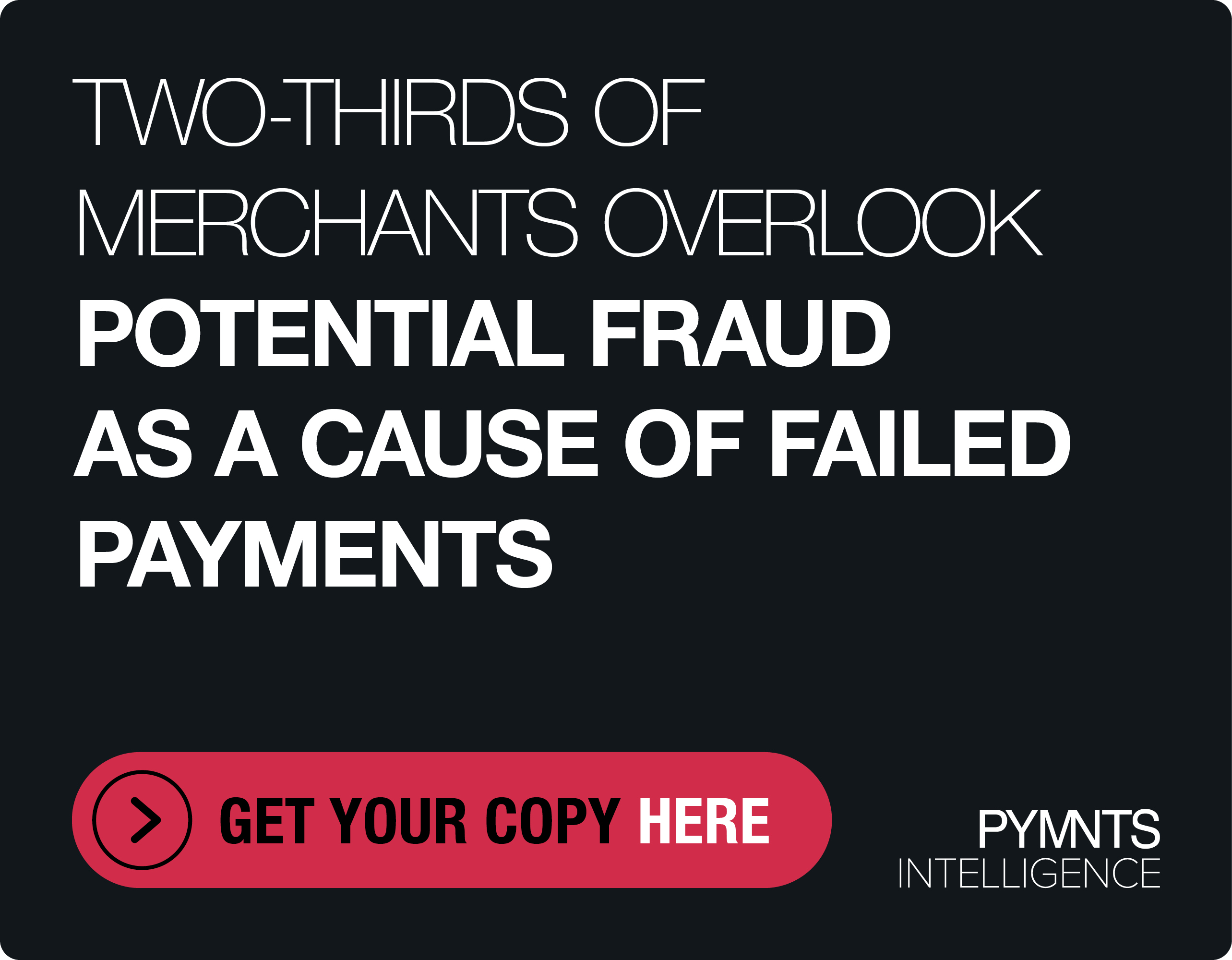Lenders, Dealers Thriving In Hot Auto Market

With Americans shopping for cars at a near-record pace and a computer chip shortage meaning that dealers are struggling to meet that demand, the average price of a used car was $18,453 in June, up more than one-third over the same time a year ago, according to a report in The Wall Street Journal.
Lenders are also having more success covering their losses on defaulted car loans, with four large banks saying they achieved that previously unthinkable achievement in the second quarter.
The sales process is perhaps doing wonders to highlight the digitization of the auto-buying experience across channels and possible points of friction. PYMNTS research shows that 55 percent of auto dealers are planning to invest in identity verification and authentication improvements.
Consumers and the auto dealers themselves reveal that their digital processes take too long — and it’s a concern expressed by only 42 percent of banks and credit unions and 39 percent of peer-to-peer (P2P) lenders.
“The auto industry is pretty complex,” Equifax Chief Product Officer Mark Luber told Karen Webster, “and it’s one where you have lots of very small dealerships who themselves are effectively merchants.”
Many of those dealers have been venturing online for the very first time, he said, and have enlisted the aid of third-party providers. He pointed to Equifax’s own efforts to work with partners and manufacturers across the industry to create digital checkout experiences, offering financing as customers interact digitally with their dealers — but because of the high ticket value of the purchase itself, fraudsters lurk in the wings. “There’s a whole loan experience to develop online,” said Luber. “But we’re putting fraud checks in as part of that experience.”
There’s also an opportunity for the dealer to offer additional services at the point of checkout that add value for the customer as they roll off the lot — and cement loyalty to that dealer.
